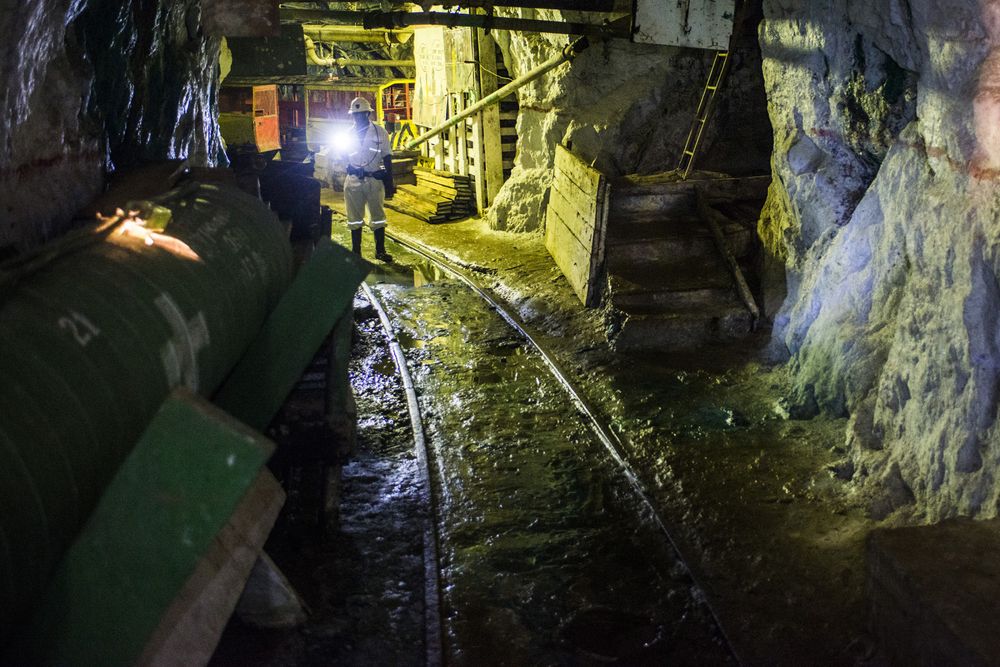- Nigeria Can Earn $60bn Annually From Solid Minerals –Expert
A consultant geologist, Chief Oyewola Oworu, has said that the solid minerals industry is capable of generating annual revenue of $60bn for Nigeria if well harnessed.
Oworu stated this in Lagos on Wednesday on the sidelines of a one-day sensitisation forum on the potential of the solid minerals sector.
“The volume of iron ore we have in this country can generate from $50bn to $60bn revenue if properly managed,” he said.
He confirmed also that about seven minerals had been selected to be produced in commercial quantity to generate about $27bn by 2025.
Oworu said the reason the sector had not fulfilled its potential was because of poor legislation coupled with the lack of funding.
He said, “Firstly, the sector is not where it is supposed to be because the initial level of legislation and support for local activities were not there and that led to a downturn in mining activities in Nigeria.
“But now, the present government has stepped up to create legislation and financial support for the sector, which is now bringing other investors to exploit what we have.”
On the complain that the sector was dominated mostly by artisanal miners, Oworu said that should not constitute a problem, saying that the artisanal miners were only mining the secondary arrangement of mineral deposits.
He said, “The artisanal miners are just mining the secondary arrangement. The primary source of gold is buried underground and it will need a huge investment to get into it. In terms of number, the artisanal miners are many but in terms of production, what they are doing is not much.
“In a country where there is no social security, people must look for what to live on and those miners are residents of the villages where the mineral deposits are found.
“But then, that investment will come because a lot of people are hungry for gold, including the government. They will come and I can assure you that Nigeria will eventually become a mining destination.”
Earlier, the President, Miners Association of Nigeria, Alhaji Shehu Sanni, said the event was aimed at attracting interest from stakeholders outside the industry to join those in the industry in rejuvenating the sector and moving it to the next level.
He appealed to other players in different sectors of the economy to show interest in investing in the sector, saying that there must be a collective interest to complement the efforts of the Federal Government to resuscitate the sector.
Sanni said the N30bn intervention fund established by the present administration to salvage the sector was inadequate.
He said, “What the sector needs is not N30bn, but sustainable funding for a very long time. For instance a declaration can be made to say five per cent of the national budget should be set aside for the development of the solid mineral sector for the next 20 years and implemented properly. This is the kind of investment that will bring life into the sector.”

 Forex2 weeks ago
Forex2 weeks ago


 Naira2 weeks ago
Naira2 weeks ago
 Naira4 weeks ago
Naira4 weeks ago
 Company News4 weeks ago
Company News4 weeks ago
 Billionaire Watch1 week ago
Billionaire Watch1 week ago




 Naira2 weeks ago
Naira2 weeks ago




 Naira4 weeks ago
Naira4 weeks ago




 Naira1 week ago
Naira1 week ago










